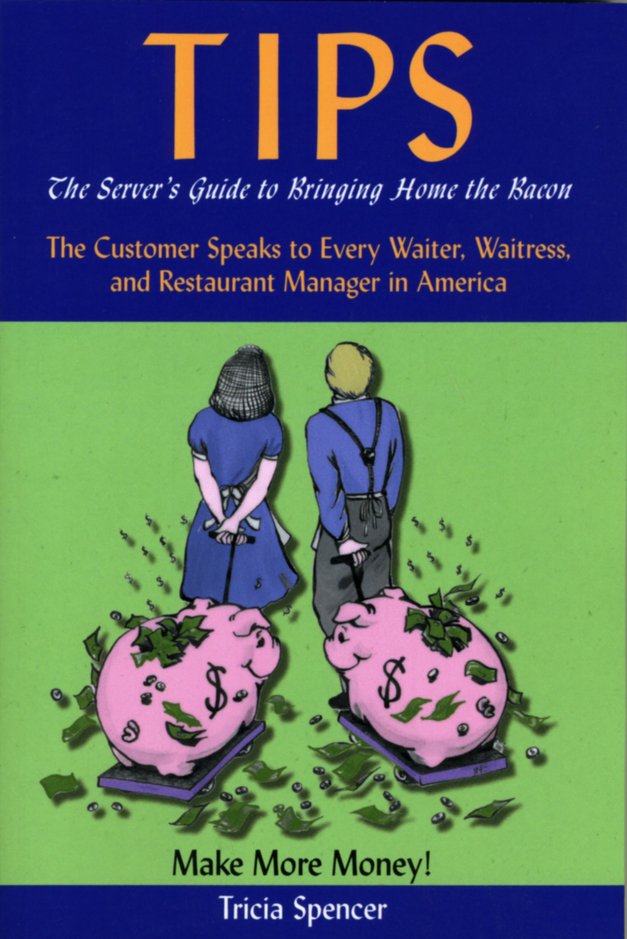First Time Home Buyer Loans Essential Glossary
Prospective Homeowners Benefit from Understanding Home Loan Language
Understanding the words and phrases mortgage lenders use during the loan approval process can make a positive difference for first time buyers.
The mortgage process can be complicated, but for the first time homebuyer, knowledge can alleviate anxieties, prevent misunderstandings, and instill confidence.
Mortgage Help Begins With Self-help
Attractive home prices create a wealth of opportunities for first time homebuyers. But
to maximize the benefits, the prospective homeowner must secure a sustainable, viable
mortgage that is not rife with dangerous down-the-road pitfalls.
It wouldn't be prudent to visit a foreign country and try to negotiate a financial
arrangement without first understanding the native language. The lack of fluency puts the
visitor at a distinct disadvantage. The same is true of mortgage negotiations. Lenders use
terms and phrases that may not be familiar to the first time buyer. It may be tempting to
ignore the terminology when it's heard in conversation, or when it's read in the contract's
fine print, but there can be long-term, negative consequences of doing so.
The First Time Home Loans Mortgage Glossary
While there are hundreds of words and phrases relative to the mortgage process, certain terms are especially important to first time buyers. These starter terms include:
rates, such as interest-only, for a fixed period of time, then requires a
full payoff immediately thereafter.
a stopgap loan that's used until a more conventional loan can be finalized.
Loan or Sub-Prime Loan: loans provided to buyers with low
FICO scores.
with regards to a specific price or date before the loan reaches full maturity.
Cap: the limit attached to an ARM mortgage to regulate how much loan payments are permitted to fluctuate. While caps do keep monthly payment amounts in line, they do not cap the interest rate a lender can charge, and an unwelcome negative amortization may result. (A Life Cap limits the range of interest fluctuation for the life of the loan.)
Fannie Mae and Freddie Mac Loans: loans also known as GSE (Government Sponsored Enterprise) loans that are owned by a government chartered entity comprised of private stockholders that convert purchased home mortgages into sellable securities. Both Fannie Mae and Freddie Mac provide funds that private lenders can use to offer home loans to buyers.
 Ginnie Mae: (Government National Mortgage Association) a government program that secures 95% of all FHA and VA loans. Such guarantees provide incentive for lenders to reach out to urban, rural and other less lucrative housing markets and help facilitate home buying.
Ginnie Mae: (Government National Mortgage Association) a government program that secures 95% of all FHA and VA loans. Such guarantees provide incentive for lenders to reach out to urban, rural and other less lucrative housing markets and help facilitate home buying.
FHA: (Federal Housing Administration) a federal administrative agency that encourages lenders to make loans by providing mortgage insurance to mitigate losses in the event of borrower default.
LTV (Loan to Value Ratio): a percentage derived by dividing the amount borrowed by the appraised value or purchase price of a home. A higher LTV can reduce the amount of down payment required.
 Mortgage Acceleration Clause: permits a lender to demand a full, lump sum payment of the loan if certain criteria are met, such as a default on the part of the borrower.
Mortgage Acceleration Clause: permits a lender to demand a full, lump sum payment of the loan if certain criteria are met, such as a default on the part of the borrower.
 Two Step Mortgage: a loan with an ARM of a certain rate for a fixed period of time, followed by another rate for the duration of the loan.
Two Step Mortgage: a loan with an ARM of a certain rate for a fixed period of time, followed by another rate for the duration of the loan.
Mortgage Lenders, a Mortgage Dictionary and Homebuyers
Choosing the perfect mortgage lender is a discovery process rendered less stressful by knowledge. The Department of Housing and Urban Development (HUD) offers a comprehensive, nearly 500-word, mortgage-related glossary on its website. After shopping for rates at different lenders, it behooves the first time buyer to arm him or herself with such a mortgage dictionary before any loan details are discussed.
A first time buyer who has done his or her homework is less likely to make critical, often costly, mistakes during the mortgage experience.
Sources:
Department of Housing and Urban Development
BlueCollarDollar
LA Times Mortgage Center
Knowledge of Mortgage Lending Terms Helps Prevent Contract Errors
Understand Lending Lingo Before Shopping for a Mortgage
Mortgage Help Begins With Buyer Self-Help - Understanding Mortgage Lingo Gives You the Power of Knowledge to Employ in Mortgage Negotiations
The copyright of the article First Time Home Buyer Loans Essential Glossary is owned by its author, Tricia Spencer.
Permission to republish any part of the article in print or online must be granted by the author in writing.
Timeless
Life and Living
with Tricia Spencer













